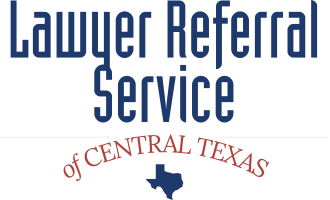Administrative law governs the establishment and operations of governmental agencies, overseeing the implementation of federal laws in areas such as social security, disability benefits, and environmental protection. Additionally, these agencies enforce local and state regulations affecting professionals in various industries. When facing legal issues within these domains, it may be necessary to engage an experienced attorney familiar with administrative law and agency functions.
Before embarking on your search for an administrative lawyer, here is some helpful information to consider.
Key Terms to Know
- Administrative Procedure Act (APA): Governs how administrative bodies create laws, ensuring they operate within their authority and provide transparency to the public about their operations.
- Agency: Government bodies tasked with creating and enforcing regulations within their jurisdiction. Examples include state agencies like the Texas Alcoholic Beverage Commission (TABC), Board of Nursing, or federal agencies such as the Environmental Protection Agency (EPA).
- Federal Register: Contains details of proposed regulations by agencies, including final versions awaiting enactment and public notices.
- Code of Federal Regulations (CFR): An annual publication of the Federal Register containing regulations passed by administrative agencies.
When to Hire an Administrative Lawyer
Individuals may require the assistance of an administrative attorney when dealing with issues stemming from actions by government agencies. This includes situations such as loss of professional licenses, denial of social security or disability benefits, or disputes with regulatory agencies. It’s essential to ensure the attorney has experience handling similar cases and is familiar with the relevant agency’s procedures, as non-compliance can jeopardize your right to appeal.
Fees and Areas of Practice
Administrative lawyers typically charge hourly rates, but may also offer contingency fees for social security or disability cases or flat fees for simpler matters. Clients should inquire about additional expenses such as filing fees and court costs. Common areas of practice for administrative lawyers include environmental law, social security and disability law, professional licensing, regulatory compliance, VA benefits, and school law.
Conclusion
Engaging an administrative lawyer can be instrumental in navigating complex laws and regulations affecting your business or personal interests. Choosing an attorney with relevant experience increases the likelihood of achieving a favorable outcome. At LRS, we match individuals with qualified attorneys based on their specific needs and circumstances, ensuring you receive appropriate legal representation.
Contact the Lawyer Referral Service of Central Texas Today For Help Finding a Qualified Lawyer Who is Right for You.
Since 1966, we have helped hundreds of thousands of Austin and Central Texas residents and businesses find the right lawyer to work tirelessly on their behalf and get the results they deserve.
Get an instant referral online, 24/7 or call the Lawyer Referral Service during regular business hours (8:00 AM to 4:30 PM) at (512) 472-8303. We want to help.




